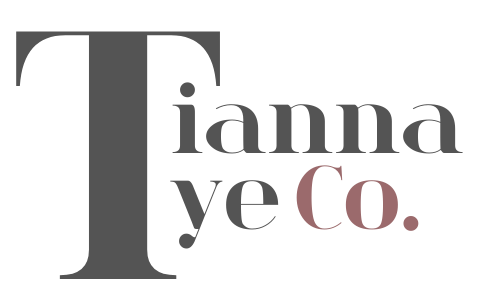Episode 84. The Danger of Undisclosed Over-employment & Warning Signs to Watch Out For
Staff Researcher: Evelyn Gilliard
Honesty is the best policy, right? With virtual work becoming the new work-as-usual, establishing trust and open communication are critical for a healthy professional relationship and is paramount to your company’s ability to retain top talent. That’s not a hot take, and most likely, you already knew this as a fact since we put so much of our energy and effort into developing our team’s honesty and communication.
However, did you know that when this breakdown occurs, a nefarious new trend arises?
The newest consequence of that honesty breakdown is team members working two full-time jobs but not reporting that fact (and I don’t mean to the IRS!) so they can make double the income for the same time of 40 hours/week, which is now being referred to as “Over-employed.”
The Issue with Undisclosed “Over-employment”
Let’s talk about the repercussions of over-employment in further detail to paint the full picture of how this impacts your company.
1. DEGRADATION OF TRUST.
I want you to think about your own team and what undisclosed over-employment would really look like. Would you as a small business owner be able or comfortable paying for full-time, part-time, or even x amount of hours and not even receiving the bare minimum? Probably not, right? You would feel cheated, betrayed, and like you could no longer trust your team.
This is what happens when honesty and communication break down because if half of your team is being deceitful, then there are repercussions not only for your team dynamic but your business as a whole. If they are not putting in the agreed-upon hours, then it becomes an issue of wage and time theft, regardless of their employment status.
2. LOSS OF MONEY.
Speaking of wage and time theft - let’s talk about the loss of money. The foundation of over-employment is to do just enough not to be fired while doubling their pay. This obviously goes against the very reason why you hired them in the first place - to be superstar A-players on your team! While being over-employed could lead a lot of people to financial freedom, it’s often at the cost of the company.
Here’s an example:
You have six people on your team and let’s say you pay everyone $30,000/year after their taxes are taken out. However, half of your team is only working half the time. Let’s Do The Math.
$30,000/Year
X 3 DD People
------------------------------
$90,000
/ 2 (Half-Time)
-------------------------------
= $45,000
In other words… you are losing $45,000/Year.
You want the people on your team to be making you money, not costing you. Therefore, I would recommend in your hiring process to hire slow and fully vet your candidates and their time commitments as best you can.
3. NEGATIVE EFFECTS ON OTHERS.
If this were to occur within your company, then without a doubt, there WILL be a negative effect on others whether they know about their coworker’s second full-time job or not. If they do not know then they are going to be upset that they are picking up the slack, wondering why they both get paid the same or more when they are doing more of the work and feel like they are unreliable especially if they are frequently late to meetings, distracted, and the work that they do produce is not quality. If the coworkers do know about the second full-time job, then not only are they going to feel everything I just listed, but they will also become jealous and resentful of the double salary. If you do decide to keep the over-employed team member this will affect your team’s morale and dynamic tremendously.
5 Over-employment Warning Signs
Here are a couple of warning signs to watch out for:
Late to multiple meetings.
Looking at multiple screens during ZOOM meetings.
Distracted during ZOOM meetings without the presence of children and/or furbabies.
The time they request payment for does not match up the quality or quantity of work being done.
Or if they are active on LinkedIn but do not have your company listed or if they don’t want their face on the company’s website as it would let others know whose team they are on because just like Fight Club, the first rule is “not to talk about it.”
If you need assistance with your team dynamics due to this new trend of over-employment or anything else, you are at the right spot! We are experts in team dynamics in the online space and would love to assist you to establish trust, create clear boundaries, and clarify expectations with your virtual team.
You can reach out to us at https://www.tiannatye.com/team-building-strategy for a 90 Minute Intensive or VIP Day, so we can help you get back on track!

